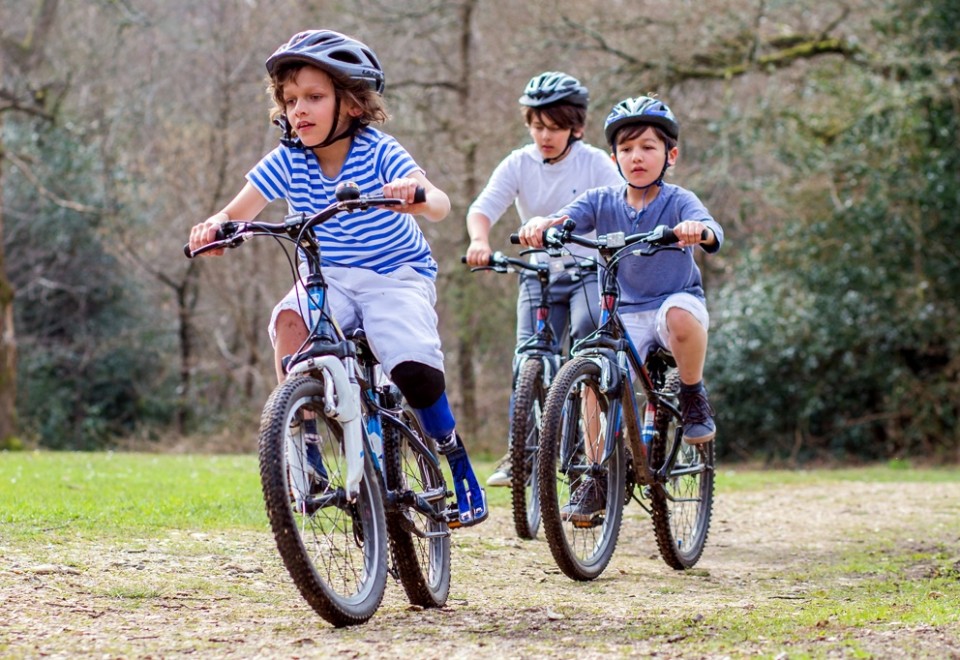PEDIATRIC AND CHILDREN'S PROSTHETICS AND LIMB LOSS SOLUTIONS
Infants and children require a specialized approach to their prosthetic care and depend on their parents and their prosthetic providers to patiently take care of their needs during these growing years.
Infants who are born with a missing or partial upper limb, or children who lose an upper limb/extremity to accident or amputation need to be evaluated by a prosthetist as soon as possible. Often it is appropriate for infants and very young children to be fit with a passive limb loss device (prosthesis) right away so that the limb is incorporated into their developing body image. This can also help children socially as they begin interacting with their peers.
Caring for your Child
Having a child is possibly the most exciting and rewarding milestone in a person's life. When a child is born with a limb deficiency, parents may find themselves feeling sad or depressed initially. Those initial feelings of anger, grief, fear, and guilt soon subside, though, as parents see that their baby is happy, healthy, and hitting developmental benchmarks at an expected rate. It is important for parents to remember that they did not cause this to happen, and there was nothing they could do to prevent it. Often, it is not known why a congenital loss of a hand or arm occurs, but we, at Al-Rehab, do know that children who are born with congenital limb differences go on to live very normal, and even exceptional lives.
Children with limb differences are unaware of their difference as infants, so there is no need to offer special treatment or fret over their future. Children adapt to their world with the gifts they are given at birth. The best things that parents can do for their limb deficient child is love, appreciate, and care for him/her, like they would any child. Parents quickly realize that limb deficient children are capable of doing anything they put their minds to, like playing sports, musical instruments, and finding their path in life through experimentation and practice.
Adapting to a limb loss device (prosthesis) can be difficult, but encourage your child to wear the prosthesis without negative pressure. Developing a routine is very useful. The child will grow to expect that the prosthesis is put on consistently. It is important that they like the prosthesis and want to wear it, not because mom and dad make them wear it.

